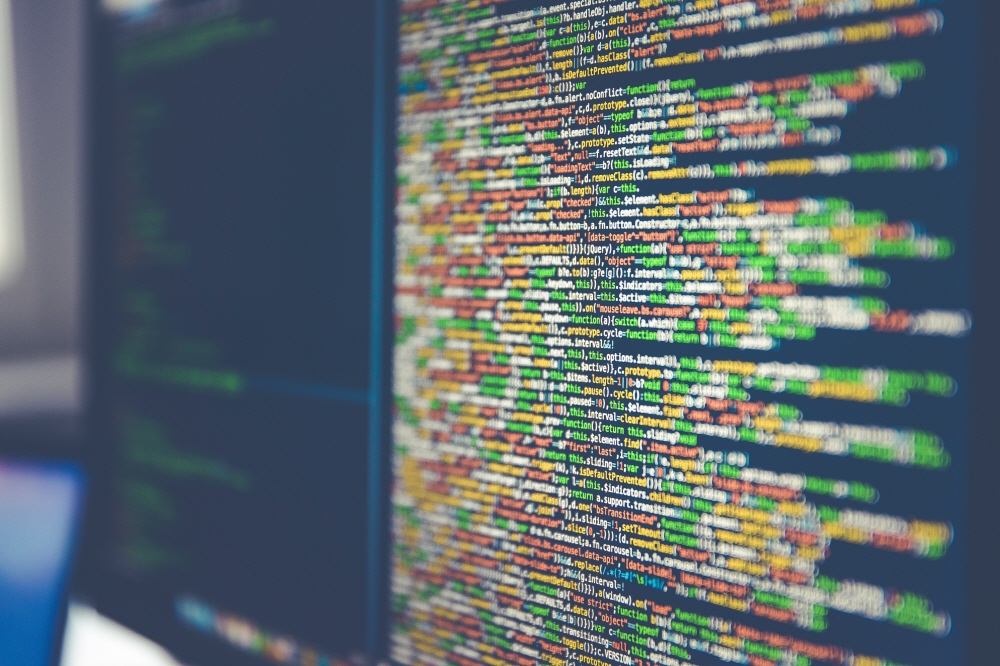
With the Corona 19 epidemic, various measures were taken in each country, such as banning going out and tracking infected contacts. Meanwhile, Freedom House, an international non-governmental organization on democracy and human rights, published a report in 65 countries around the world that not only found that internet freedom was declining worldwide, but also threatened to increase internet surveillance. .
Freedom House conducted a survey on Internet freedom in 65 countries, accounting for 87% of the world’s Internet users, from June 2019 to May 2020. Internet freedom was evaluated on a scale of 100 points based on items such as access obstruction, content restrictions, and user rights infringement, and more than 70 analysts participated in the analysis.
As a result of the survey, it is reported that the world’s internet freedom has been declining for 10 consecutive years, and 26 countries have reported that internet freedom has declined during the survey period. Among them, Myanmar and Kyrgyzstan are the countries where the degree of freedom of the Internet has greatly decreased. These countries are down 5 points from the previous survey.
Since June 2019, Myanmar has blocked access to some of the media that serve ethnic minorities, as Rakhain and parent residents continue to be unable to connect to the Internet by government order. In addition, in Kyrgyzstan, it is reported that the website of a journalist who blocked Internet access and investigated corruption in politicians in areas where the supporters of former President Almazbek Attambayev and special forces collided.

In addition, countries such as India, Ecuador and Nigeria also reported that their Internet freedom fell by 4 points compared to the previous survey. Internet blocking is being implemented in India and Ecuador in connection with protest activities against the government, and India is also said to be putting political pressure on platforms such as SNS and Netflix such as Twitter.
Meanwhile, in the last survey, Sudan, Ukraine, and Zimbabwe are among the countries with improved Internet freedom, but these results require attention. It is pointed out that Sudan and Zimbabwe show improvement due to low internet freedom reported in previous surveys, but still show difficult intervention. In addition, Ukraine is said to have influenced this score because the eastern region was evaluated independently of the Ukraine evaluation in response to the special situation in the eastern region where a dispute with Russia broke out.

One of the countries with the highest degree of internet freedom is Iceland, and Freedom House said in Iceland that internet freedom continues to be the strongest protection, high access speed, low content regulation, and strong online protection for human rights. Following Iceland, Estonia and Canada also entered countries with high internet freedom.
Also, Internet freedom has been declining for four consecutive years in the United States, where Freedom House is headquartered, with Australia, Georgia, and Italy all in seventh place. China, which has been criticized internationally for censoring protests in Hong Kong, is the country with the lowest internet freedom and has been cited as the lowest for six consecutive years. China also pointed out that it is introducing a digital surveillance system in the name of protecting public health during the Corona 19 epidemic. New surveillance technologies include an upgrade to face recognition that can identify a person wearing a mask, and a system to track and evaluate citizens’ feelings using a health app. Freedom House also reports that there are cases in which webcams are installed inside and outside the home in the name of conducting censorship across China, and there are media controls that prevent Internet users from opposing official announcements.
According to Freedom House, the use of technology for tracking and quarantine contact with infected persons is being used to strengthen national surveillance, and the state is using the epidemic as an excuse to limit access to information or expand surveillance by political leaders, not just China. It warns of the danger that the surveillance system will continue in the future due to the corona19 epidemic, saying that the technologies and laws employed during the crisis may continue. Related information can be found here .


















Add comment